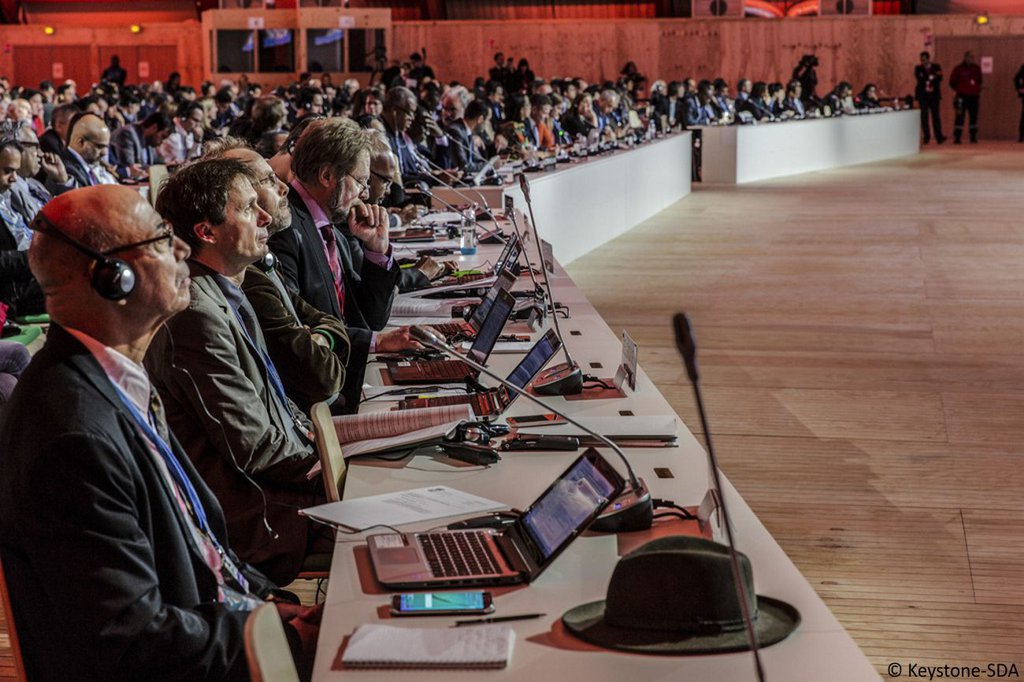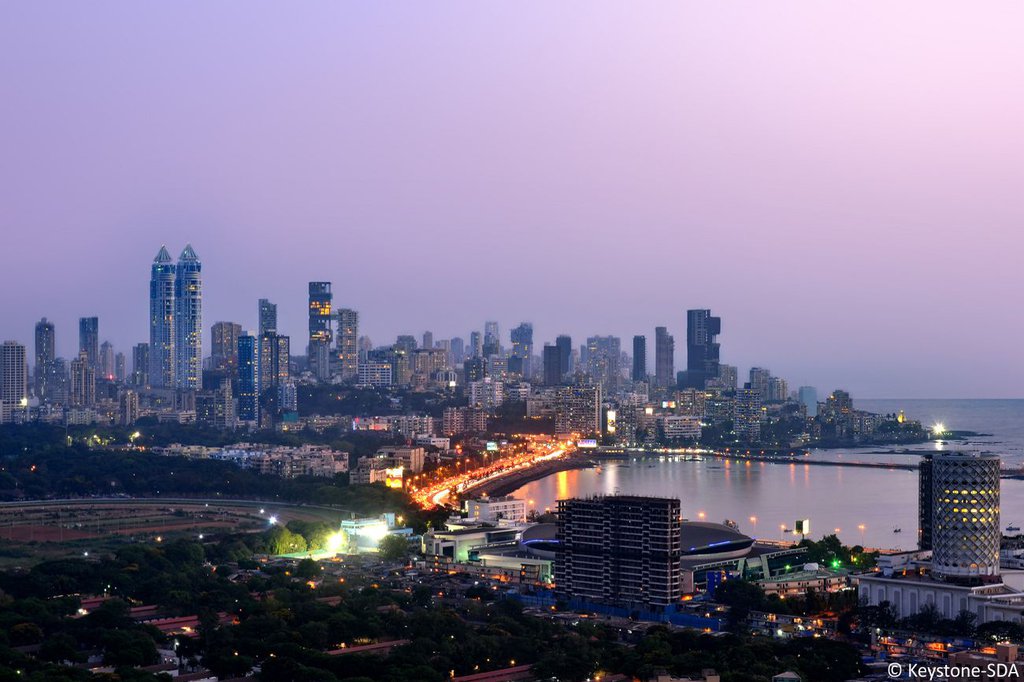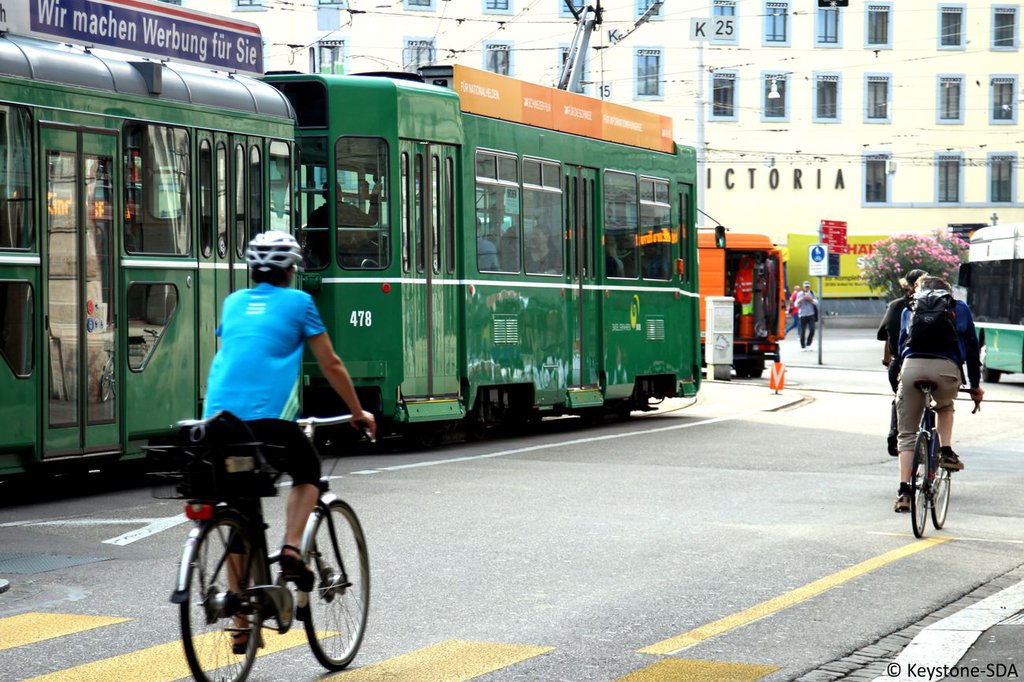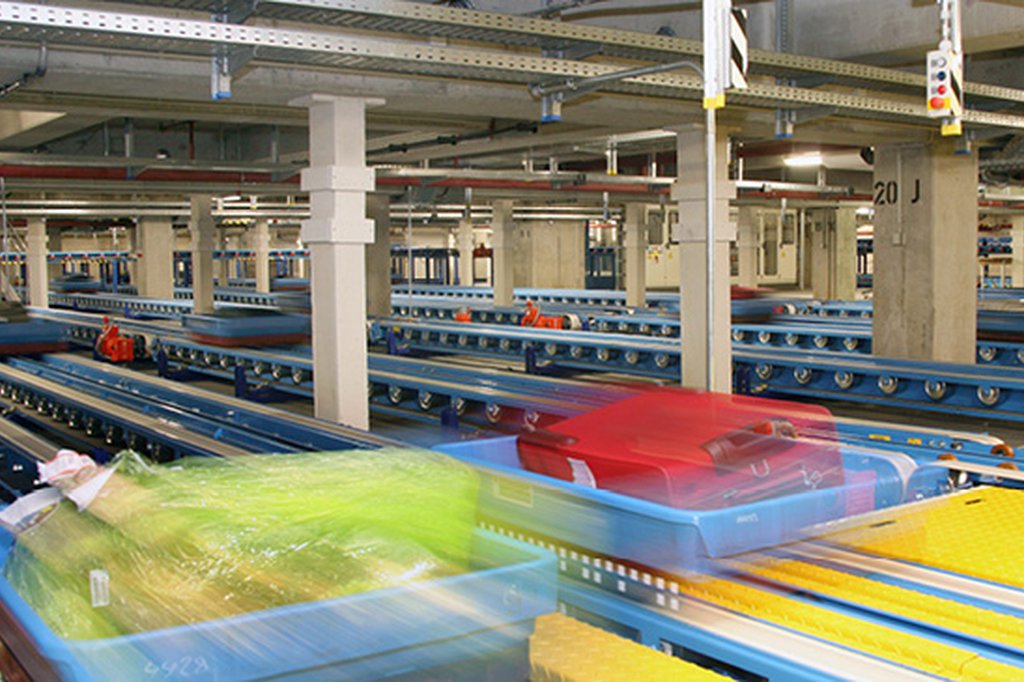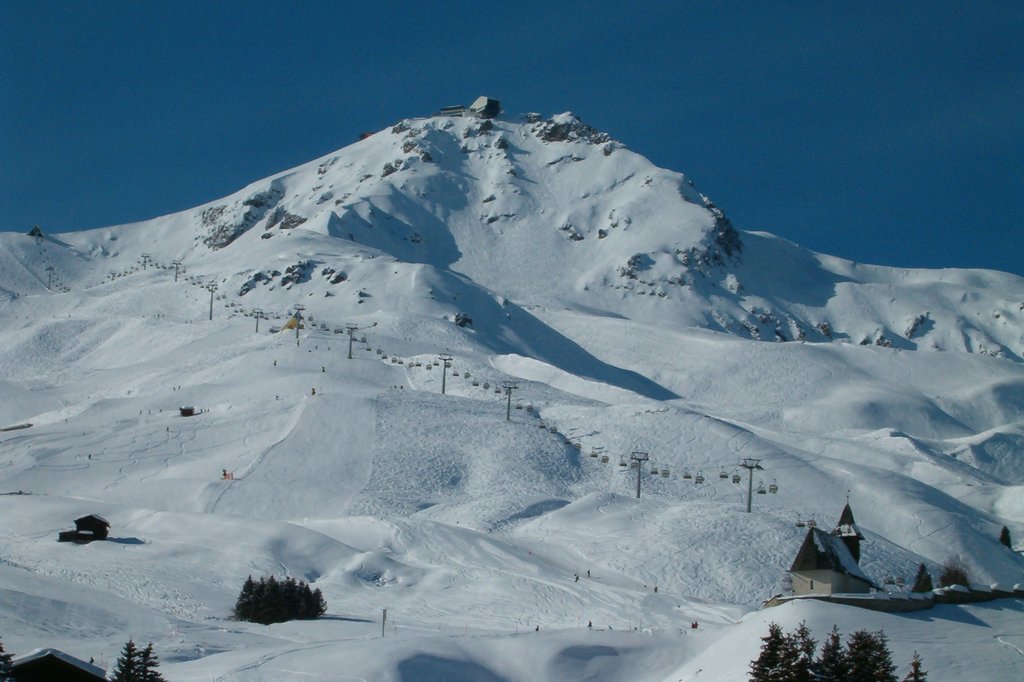How to Evaluate National Climate Policy
News, Environment and Climate, Energy, Development | May 2, 2017

How can a country evaluate its climate policy? A compendium by international experts shows methods by which countries can assess by themselves, how effective their climate policy is. And it shows what additional efforts are required in order to achieve their national climate protection goals.

